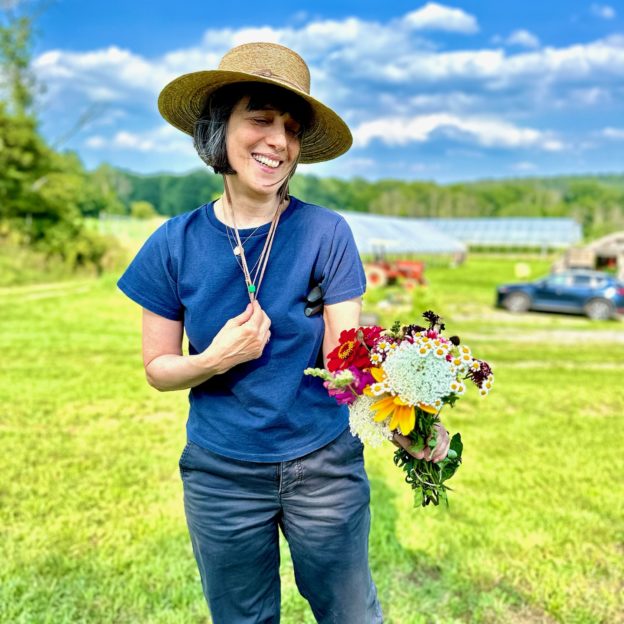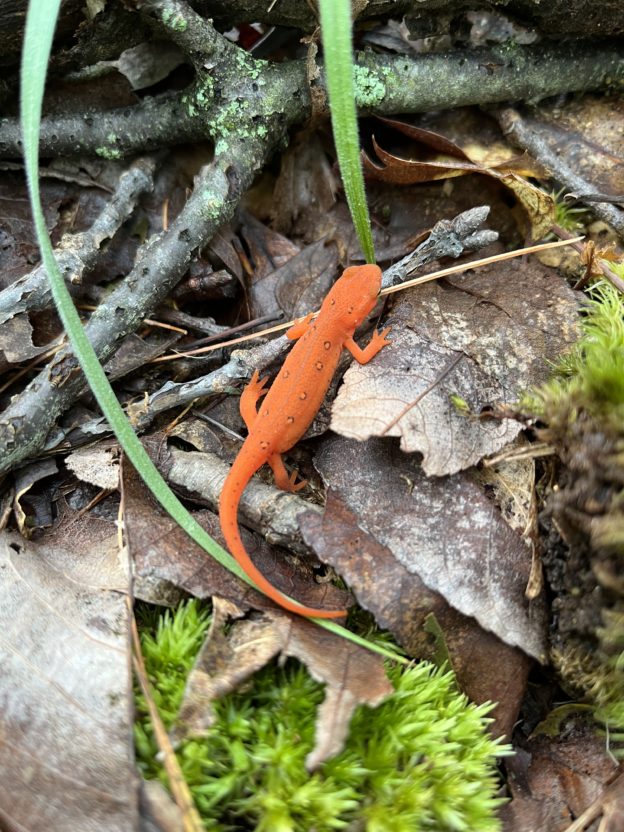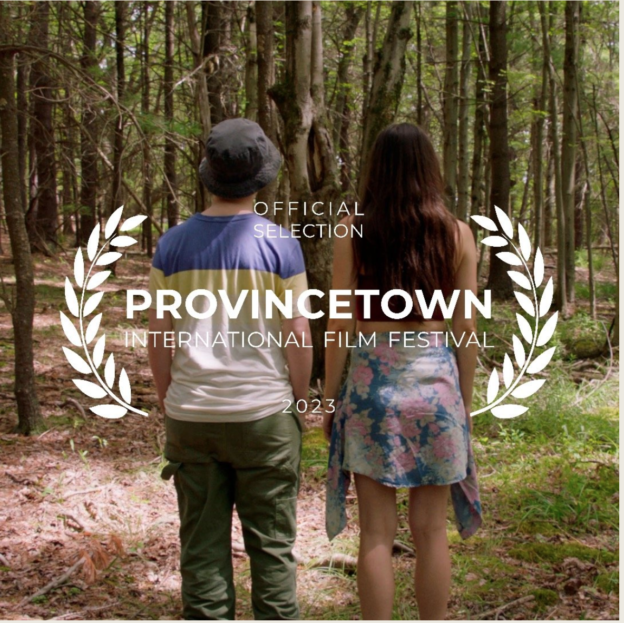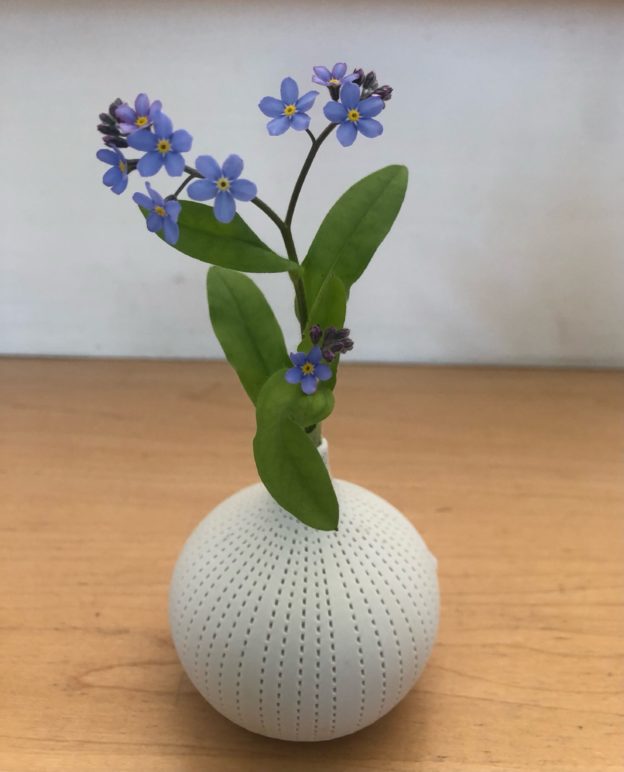What Gives Me Hope
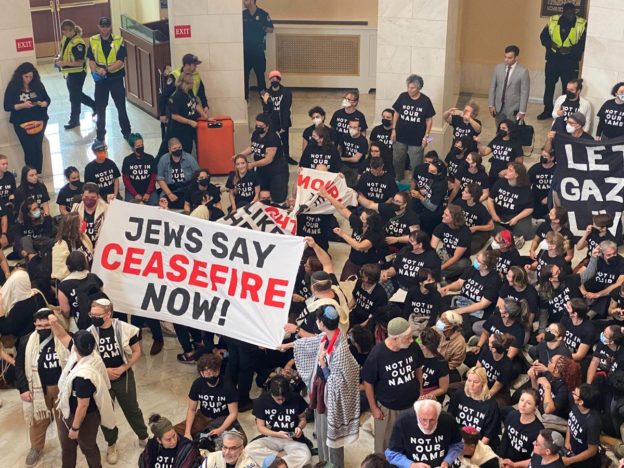
Jewish Voice for Peace protest in Washington, D.C., 18 October 2023
*
In the midst of all the terrible news, a brief post.
This is a good moment to recommend the work of my friend Adania Shibli, who has been in the crosshairs of the current wave of repression and the attempts to silence Palestinian voices. The scheduled awards ceremony at the Frankfurt Book Fair for her gem of a novel Minor Detail was canceled, setting off a firestorm of criticism, prompting withdrawals from the fair, and generating statements of solidarity. The furor has resulted in a mass run on her book, which is currently back ordered, but you can read the transcript of an excellent interview David Naimon did with her on his Between the Covers podcast and sample her spare and devastating style in this piece posted on LitHub.
What gives me comfort in this bleak, bleak moment? I find hope in the people who are standing against genocide despite it all. Yesterday my friends at Jewish Voice for Peace organized an inspiring mass protest in Washington, D.C. calling for an immediate ceasefire. They are saying that Jewish grief must not be used as a weapon of war. (About the suffering in Israel, and the weaponization of grief, please read Gabriel Winant’s excellent piece in Dissent.) And a handful of brave members of Congress, led by Representative Cori Bush (to date all of them black and brown except for Massachusetts’ Jim McGovern) have introduced legislation calling for an immediate ceasefire and the delivery of humanitarian aid to Gaza.
And here I will trot out my old motto from Grace Paley: The only recognizable feature of hope is action. Here are actions you can take today.
Contact your representatives to call for a ceasefire.
Donate to UNWRA, MECA, or to my friends at Sunbula for their partners in Gaza. A longer list of trusted charitable organizations can be found here.
Find a demonstration near you.
Talk with your family and friends about Gaza. The IMEU has a great explainer here.
Lastly, please check out this Books for Artsakh auction fundraiser. My donation to the auction can be bid on here.
Nancy Kricorian
October 19, 2023
